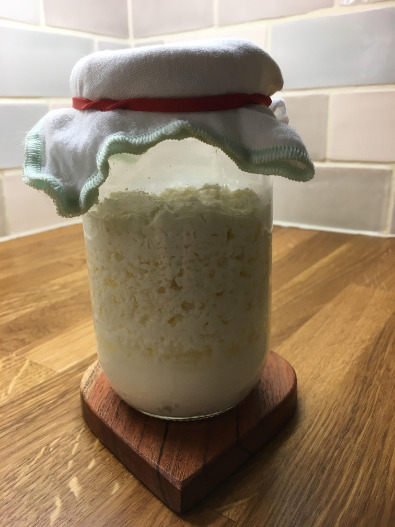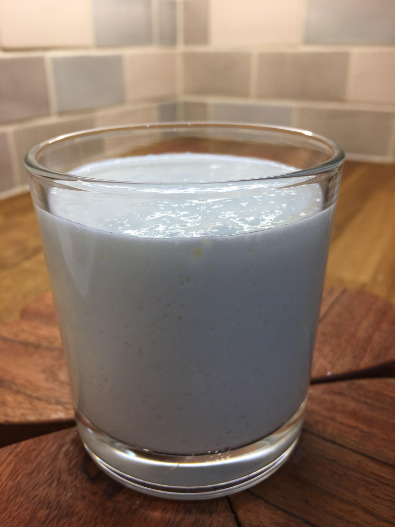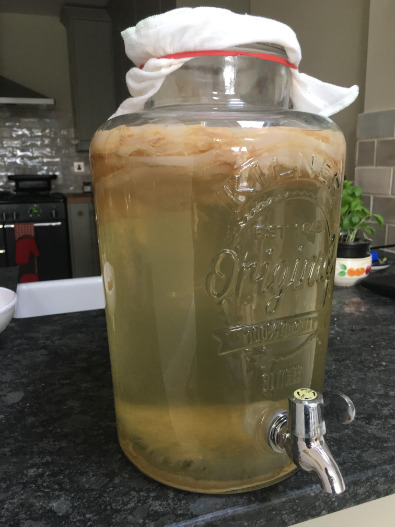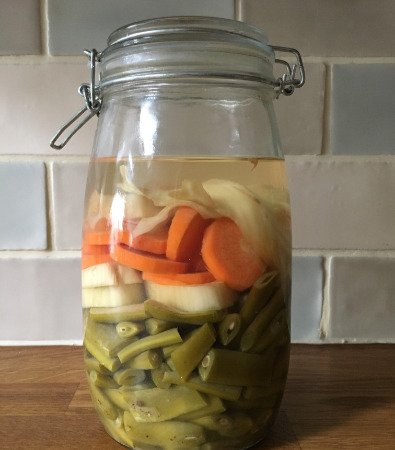Importance of Gut Bacteria
Your gut is home to trillions of bacteria that all work in harmony with your body’s cells to keep it healthy and you thriving. In fact 80% of your immune system lives within the gut, affecting almost every aspect of how you feel each day.
When your gut is healthy, it contains a balance of 85% good bacteria and 15% bad bacteria, but this balance is easily disrupted by many aspects of todays living. One of the major culprits is stress, which can be a constant attack on the body. Antibiotics and processed foods also affect the balance of bacteria in gut.

How stress affects your digestion
Do you recognize these symptoms of Irritable Bowel Syndrome?
- Diarrhea
- Constipation
- Wind, bloating and pain.
Emotions of anticipation anxiety and fear are so common that we use sayings that relate to how we are feeling, such as:-
“I feel sick to my stomach.”
“I have a gut feeling.”
“I am so nervous, I have butterflies in my stomach.”
Most people who suffer IBS will recognize that stress is often the cause of the condition. I have found that homoeopathy is a useful tool to take the emotional pressure off the digestive tract. Removing or reducing the emotional stresses from your life will allow your gut to heal. This combined with repopulating the good bacteria into the gut is a fabulous and effective way of restoring gut health and vitality within the body.

Since using homoeopathy this year my digestion has never been so good. I am now able to eat whatever foods I choose and no longer have to suffer the consequences of straying from the straight and narrow. The contrast before and after homoeopathy is remarkable.
Testimony from a client
Repopulating Gut Bacteria
Repopulating the gut with a diverse range of bacteria is an important part of getting well. The best ways of repopulating the gut is to incorporate fermented vegetables, kefir and kombucha into your daily routine. You can feel the difference.
A reasonable alternative if you are not able to consume the probiotic foods is to buy them in capsule form from your local Health Food Shop; choose a brand, which has a good diversity of bacteria. Commercial live yogurts found in supermarkets will not offer enough live bacteria to heal a weakened digestion quickly.
The secret of good digestion is to balance out stress, eat nutritious food and ensure a diverse population of good bacteria in your gut.
Kefir
Kefir is a cousin of yogurt and a powerful probiotic, containing 30 – 56 different strains of bacteria (opposed to the 7 – 10 found in live yogurt). One serving of kefir has as much as 35% of the daily recommended allowance of protein, lots of vitamins A, B, C and K, and phosphorus. It is loaded with enzymes, which help you get more nutrients from your food, and is virtually sugar and lactose free as the bacteria have eaten both of those things. Kefir is quick and easy to make.


Health Benefits of Kefir
- Eliminates constipation
- Reduces cold and flu symptoms
- Replenishes the body after antibiotic use
- Reduces allergies
- Treats yeast infections
- Reduces asthma
- Acts as a strong antibiotic
Kombucha
Kombucha is a bubbling, fermented tea made by combining tea, sugar and a culture of bacteria and yeast called a scoby. The taste is tart with a sparkle! Kombucha is becoming very popular in many countries and is sold in the supermarkets due to its health benefits.


Health Benefits of Kombucha
- Stablises blood sugars
- Boosts energy
- Assists the liver in cleansing and detoxifying
- Supports the immune system
- Protects the lining of the stomach
Cultured Vegetables

Cultured vegetables are vegetables that have been submerged in a salt solution. Here the veggies make their own lactic acid bacteria, which changes their environment, increasing vitamin C and flooding vegetables with good bacteria. Cultured vegetables are so potent that all you need is one small spoonful to get billions of probiotics.
Health Benefits of Cultured Vegetables
- Stops diarrhea and constipation
- Reduces allergies
- Alleviates the symptoms of colds and flu
- Supports adrenals
- Helps ease the symptoms of bowel disease
- Helps with weight loss
- Reduce inflammation
To keep are bodies healthy we constantly need to be maintaining our gut flora. We can do this by taking care of the way we eat. The indigestible fiber, (known as prebiotics) are found in a broad spectrum of fruits and vegetables. These offer the food for the good bacteria to thrive.
Foods that are high in prebiotics include banana, berries, kale, chard, onions, garlic, leeks, asparagus, chicory root, whole grains and honey.
Prebiotics can also be purchased as supplements, such inulin chicory root and fructo-ogliosaccharide.
